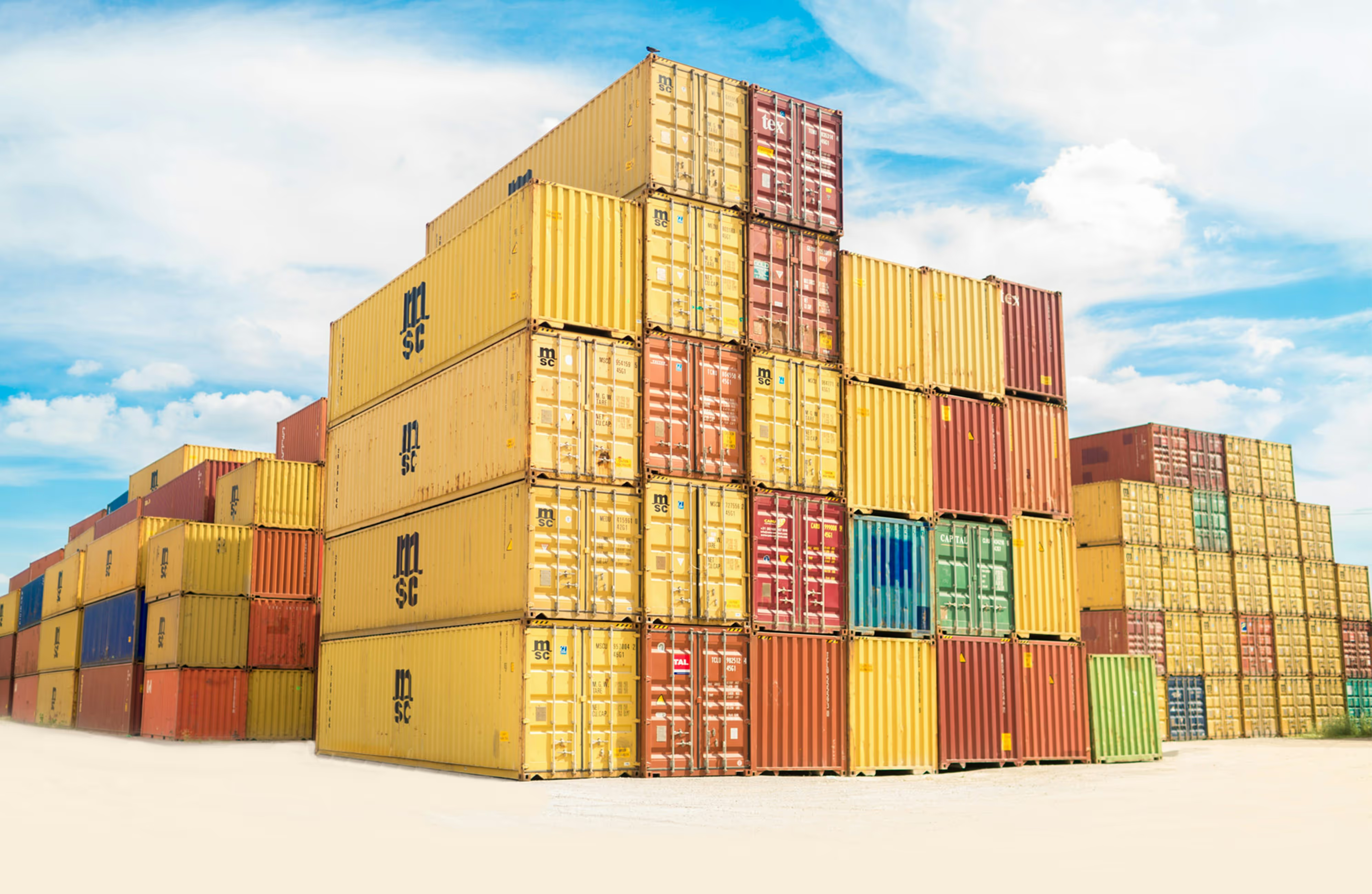Electrifying Road Freight: A More Resilient Future for Australia

Australia’s freight and logistics sector is the backbone of the economy, ensuring that goods move efficiently across vast distances. However, the industry faces increasing challenges, from volatile diesel fuel prices and geopolitical disruptions to the pressing need to reduce carbon emissions.
The transition to electric road freight is often framed as a climate solution, but it also strengthens resilience—the ability to withstand and adapt to shocks. As Australia electrifies its freight network, businesses that adopt electrified transport will be better positioned to navigate future uncertainties while maintaining supply chain reliability and efficiency.
1. Energy independence reduces supply chain risks
Australia’s freight sector is heavily dependent on imported diesel, which makes it vulnerable to global oil price fluctuations and supply chain disruptions. Events such as the COVID-19 pandemic, the Suez Canal blockage, and geopolitical tensions have all demonstrated how fragile fuel supply chains can be.
Electrifying road freight shifts energy dependence away from imported fossil fuels toward domestically produced electricity, which can be generated from renewable sources like solar and wind. This transition enhances national energy security, reducing exposure to international fuel price volatility.
By investing in solar-powered charging infrastructure, freight operators can further insulate themselves from energy market instability, ensuring more predictable operational costs over time.
2. Stable operating costs in a volatile market
Fuel costs are one of the most significant expenses for freight operators, and diesel prices can be unpredictable. Electricity, particularly when sourced from renewables, provides a more stable and predictable energy cost structure.
Electric trucks have lower maintenance costs compared to diesel-powered vehicles. They have fewer moving parts, require less servicing, and eliminate costs associated with engine oil changes, fuel system maintenance, and exhaust treatments. Over the lifespan of a vehicle, these savings contribute to a more resilient business model with lower total cost of ownership (TCO).
3. Climate resilience in the face of extreme weather
Australia is experiencing more frequent and severe climate-related events, from bushfires to floods and heatwaves. These events disrupt freight routes, damage infrastructure, and increase operational costs.
Electric trucks can help build resilience in two key ways:
Decentralised energy supply: unlike diesel-powered fleets that rely on centralised fuel distribution networks (which can be disrupted in disasters), electric trucks can be charged at multiple locations, including onsite solar-powered depots.
Emergency power for communities: With new vehicle-to-grid technology, a fleet of electric trucks can quickly be summoned to act as a community battery in the event of a power black-out. This can power hospitals, schools and emergency relief operations.
4. Future-proofing against regulatory changes
Governments worldwide are tightening emissions regulations, introducing fuel efficiency standards, carbon pricing mechanisms, and zero-emission vehicle mandates.
Businesses that invest in electric freight now are future-proofing their operations against tightening regulations. This proactive approach prevents last-minute compliance costs and secures early-mover advantages, such as preferential contracts with sustainability-focused customers and eligibility for government incentives.
For example, major Australian retailers and logistics companies are already committing to net-zero supply chains, creating demand for freight partners who can offer zero-emission transport solutions.
5. Strengthening regional supply chains
Many regional and rural communities in Australia rely on road freight for essential supplies, yet diesel fuel shortages and price spikes disproportionately impact these areas. Localized renewable energy generation and battery storage can support electric freight networks, reducing dependence on centralised fuel imports.
Electrification also creates opportunities for new jobs and industries in Australia, from battery manufacturing and renewable energy infrastructure to servicing electric fleets. A more self-sufficient, sustainable supply chain strengthens resilience for regional communities and businesses alike.
The road ahead: leading the transition
The shift to electric road freight is not just about sustainability—it’s about building a more resilient, cost-effective, and future-ready logistics industry. By reducing reliance on imported diesel, stabilising operating costs, and preparing for regulatory shifts, electric freight enables businesses to thrive in an increasingly uncertain world.
At New Energy Transport, we are leading the transition to zero-emission heavy road freight, by actively helping businesses future-proof their supply chains while driving Australia toward a cleaner, more resilient economy.
If your business is ready to explore electric freight solutions, let’s start the conversation.
.svg)
